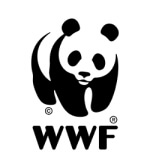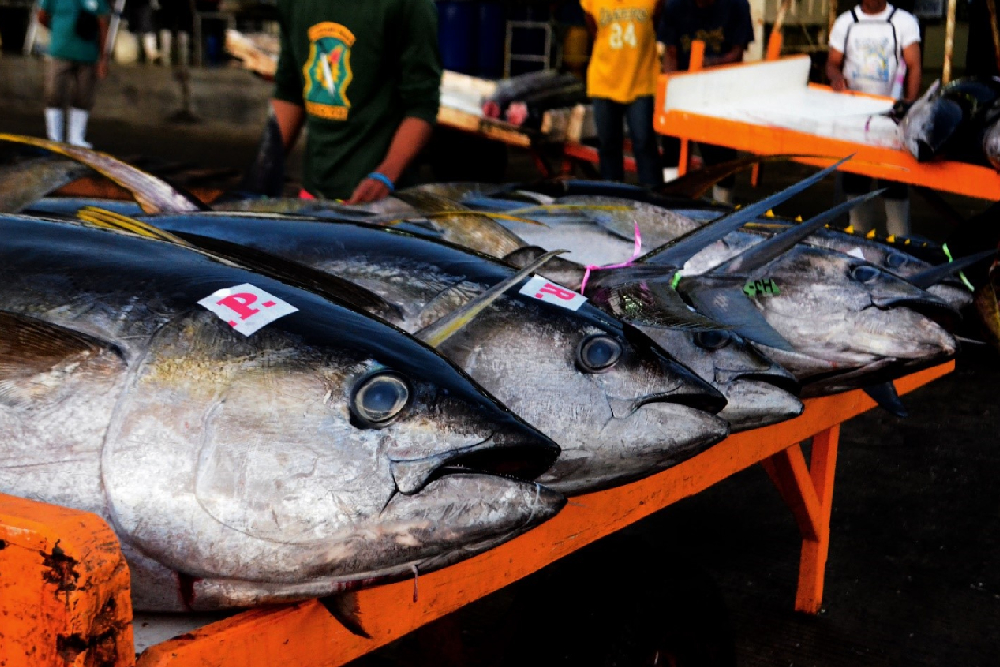Through its Partnership Program Towards Sustainable Tuna (PPTST), the World Wide Fund for Nature (WWF) organized nearly 6000 fisherfolk from 140 tuna fishing villages in Mindoro and the Bicol Region.
Tuna fishing associations have been established and new handline practices are now ensuring that only adult yellowfin tuna (Thunnus albacares) are plucked from the sea. Still, many fishers feel they are getting the raw end of the deal.
Though they work hardest and do the most dangerous tasks, fishers earn the least from the current yellowfin tuna value chain. “We have always depended on casas – fish buying and processing centers which loan money and control the prices of fish. Casas almost always make more money than us from the very fish we catch,” explains Tabaco tuna fishers’ association president Edgar de Vera.
Most tuna fishers know no other options, so they make high-interest loans which they pay back by selling catches at less than half of retail prices.
WWF is trying to change this by empowering tuna fishers. “We’re helping small-scale fishers in the Mindoro Strait and Lagonoy Gulf to have more bargaining power – allowing them to negotiate better prices for their catches,” says WWF’s PPTST overall manager Joann Binondo.
The seaside town of Paluan in Occidental Mindoro is building a small community-managed casa, a first for the province. “Our facility offers meat processing, fishing supplies and even a small grocery,” shares Paluan tuna fishers’ association president Quintin Fernando. “We have been trapped in a cycle of loans and low prices for so long. I am glad we can finally sell our fish at fair prices.”
By addressing inequity and hindrances to the development of artisanal fishers, WWF and its allies are ensuring that trickle-down effects directly improve the lives of thousands of Filipinos in Mindoro and the Bicol Region.


